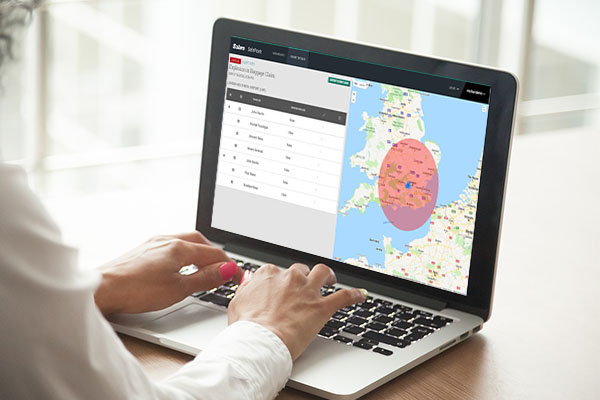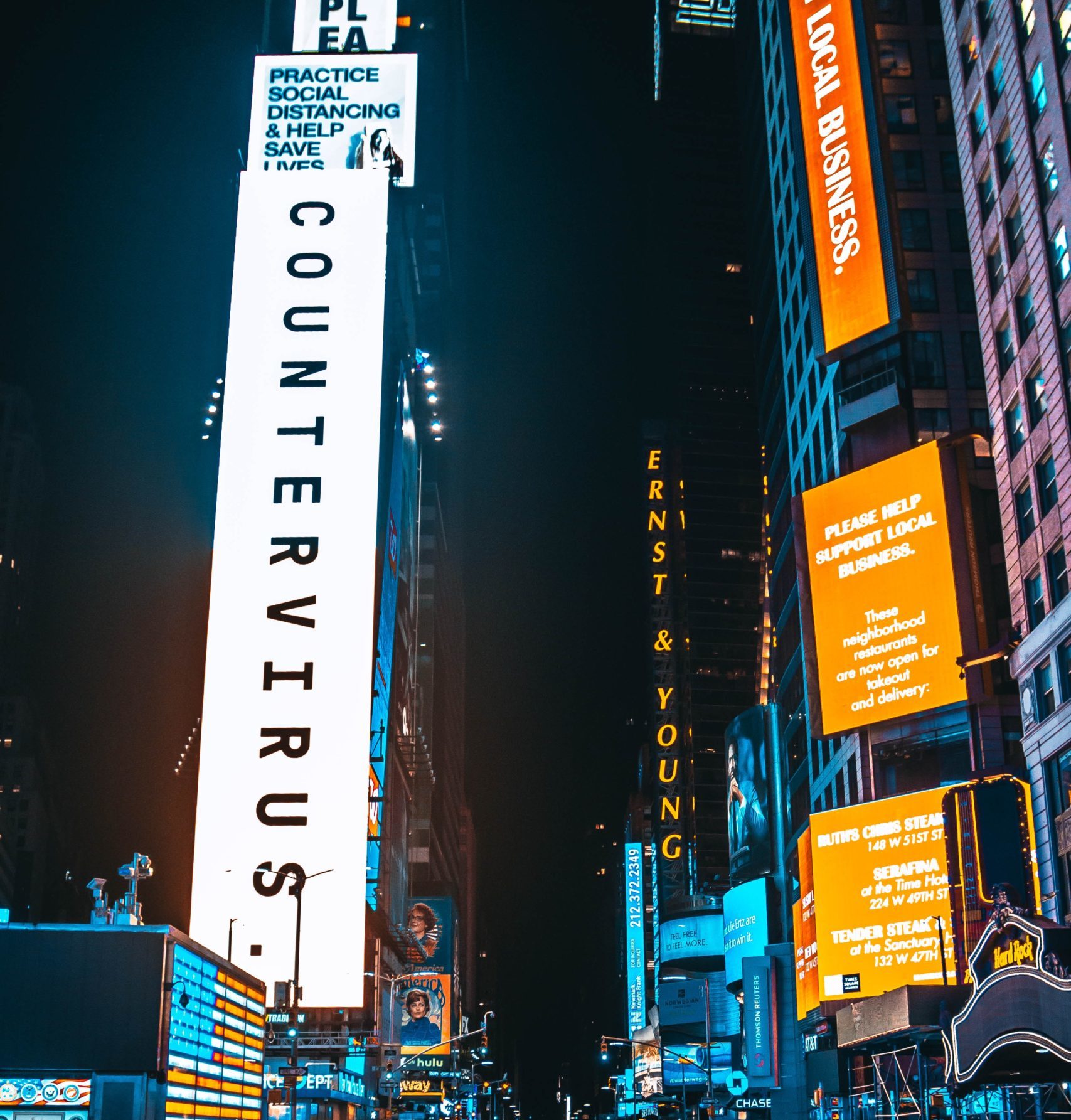Managing Business Travel In The Era Of The Coronavirus
The COVID-19 pandemic has caused all forms of travel to come to a halt, as governments worldwide raced to curb the spread with travel restrictions.
Amidst these uncertainties, duty of care, the moral and legal obligation to take responsibility for traveller safety, has become of utmost importance to organisations for which travel is essential.
As the world recovers, and as countries begin discussions on green lane arrangements to facilitate essential travel, organisations will now need to relook travel policies and procedures – to ensure that duty of care is thoroughly administered once business travel resumes.
During these unprecedented times, here are some best practices for managing your employees’ travel risks before, during and after a trip.
Pre-trip: Travel policy changes and employee engagement
Prior to the resumption of business travel, travel administrators will need to have a discussion with key stakeholders to tailor travel policy according to the impacts of COVID-19.
“Organisations may want to finetune their corporate travel policy by clearly defining what constitutes as essential travel, and there must be clear guidelines on who is allowed to travel,” says Albert Hong, Vice President of PriceBreaker Corporate.
Most importantly, travel administrators should also actively engage employees, and discuss how the organisation can help build confidence towards the eventual resumption of travel.
“As the impact of COVID-19 on aviation is fluid, organisations should also indicate whether the booking of flexible airfares should be prioritised during this period.”
Pre-trip: Monitoring restrictions
Next, travel administrators will also need to check whether it is safe and permissible to travel to a specific destination.
A full-fledged travel management company (TMC) will be able to help with the legwork by monitoring and providing timely reports on the everchanging travel advisories and restrictions imposed by various countries.
“We keep our clients updated by providing accurate information which we have reviewed and validated internally. Our data comes from various sources such as the respective country’s health department, WHO, CDC, IATA and ASEAN as regional travel makes up bulk of the travel mix,” says Jolie Ye, Vice President of PriceBreaker Corporate.
Useful resources:
- Ministry of Foreign Affairs Singapore – Where Are You Travelling To
- IATA Travel Centre: International Travel Document News
Pre-trip: Conducting risk assessments
Prior to each trip, a thorough risk assessment should also be conducted to identify potential risks that employees may face, and to establish how these risks can be mitigated.
Assessments could be done based on individual health factors such as age and underlying health conditions, as well as destination-specific risks such as rate of community transmissions.
As part of this exercise, travellers could also be advised to go for vaccinations as prevention for other infections which could further weaken the immune system.
Training sessions could also be held to educate travellers on how to navigate potential risks while overseas.
Not sure where to start? Speak to our team of travel management professionals and let us help you cover all grounds in performing duty of care – managing risks and providing 24/7 support for your travellers.
During trip: Adherence to hygiene and health safety standards
Acting as the first line of defence against COVID-19 and other viruses, hygiene will remain of utmost importance even as the situation recedes.
Travellers should therefore expect to adhere to stricter hygiene and sanitation standards across airports, hotels and other travel services.
“There are increasing hygiene concerns in the airport, cabin, in-flight meals and even towards the health conditions of fellow passengers taking the same flight. Airports and airlines have responded by working towards contactless touchpoints and health screenings,” says Jolie.
“As such, travellers are advised to arrive at the airport early to clear all checks prior to boarding.”
During trip: Monitoring risks and maintaining communications
“In such volatile times, there must be steps taken to monitor and safeguard travellers’ physical and mental health pre-trip, during trip and post-trip,” says Albert.
For greater efficiency and accuracy, organisations could introduce tools like SafePoint® to help detect and manage travel risks in real-time.
With up-to-the-minute travel data, SafePoint® proactively notifies travellers of any potential risks in the vicinity, and allows them access to assistance.
Concurrently, travel administrators will get accurate first-hand information of each traveller’s safety status and be able to maintain direct communication with travellers in real-time.

Organisations could also integrate existing security and medical response service providers with SafePoint® – allowing administrators to act swiftly and provide assistance when required.
To learn more about our travel management solutions and technology stack, speak to our travel management consultants.
Post-trip: Ongoing support and engagement
After each trip, employees are advised to continue monitoring their health for 2 weeks. It is also recommended for returning employees to opt for alternative work arrangements during this period, to isolate them from other colleagues.
Travel administrators should also conduct a debrief and review session with employees to talk about their experiences, and what could be done better in future in terms of risk mitigation and traveller satisfaction.
When the world recovers, it is imperative for global organisations to resume business amidst the new norm. A well-managed travel programme with enhanced duty of care offerings will help you and your employees to get back to business safely and quickly, in time to come.
—-
With more than 40 years of experience managing integrated travel programmes for public sector organisations, educational institutions, MNCs and SMEs, PriceBreaker Corporate’s team of specialists based in Singapore are ready to help you and your employees travel with a peace of mind.
Our MICE brand, Accolade, has experience serving large delegations over the years – hosting events such as the Singapore Airshow since 2014.
Speak to us today and let us help you navigate the new normal with a travel programme tailored to your business needs.


